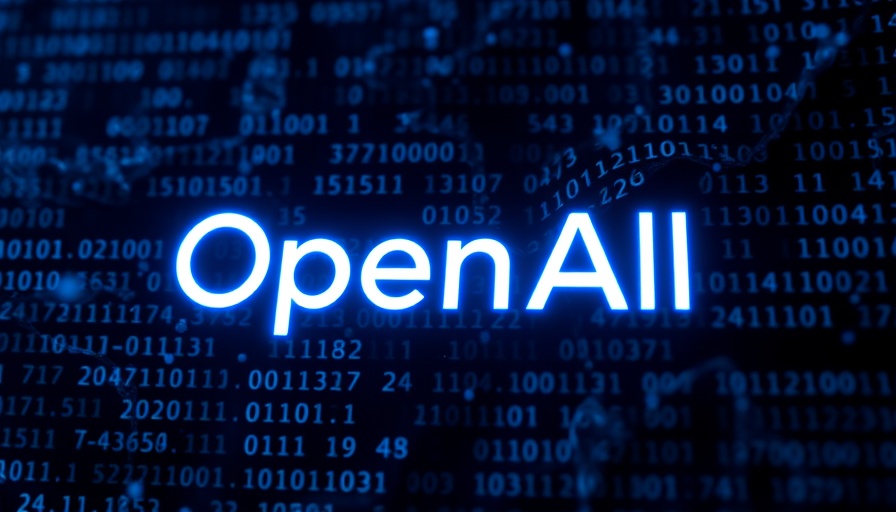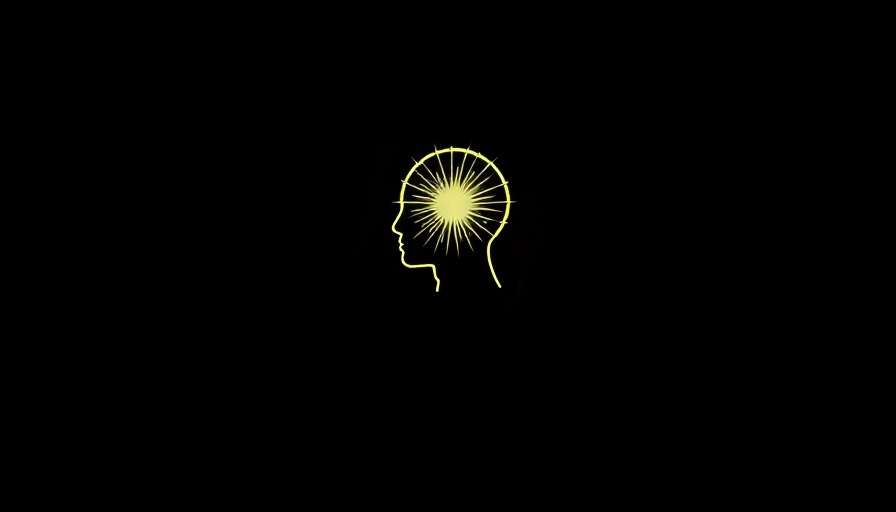
The Controversy Surrounding AI Training Data
In the evolving landscape of artificial intelligence, a new study has sparked serious conversation about ethical data practices within tech companies. Researchers have accused OpenAI of using copyrighted materials—specifically, nonpublic O’Reilly books—without permission to develop its advanced AI models. This raises questions not only about intellectual property rights but also about the implications of using proprietary data in AI training.
Methods Behind the Accusation
The research utilized a novel technique known as DE-COP to analyze the AI models, examining how well they could recognize content from O’Reilly's library. The findings suggest that newer models, such as GPT-4o, demonstrate a significant ability to identify paywalled material compared to older versions like GPT-3.5 Turbo. This hints at a reliance on content previously unlicensed, potentially infringing copyright laws.
Significance of Librarianship in the Digital Age
The implications of this research reach beyond a single company or a handful of books. They shine a light on broader conversations regarding the ethical use of data, especially as AI increasingly influences various sectors. Librarians and educators are uniquely positioned to advocate for fair access to information. They must engage with tech firms actively, highlighting the importance of proper licensing and ethical training methodologies.
Looking Towards Transparency in AI Development
For the tech industry to regain public trust, it must adopt stringent policies regarding data collection and model training. Transparency is crucial; companies ought to disclose the sources of their training data and ensure compliance with copyright rules. This could foster a more ethical framework for AI development that respects creators and original content, while still innovating.
Conclusion: The Path Forward for AI Ethics
This recent revelation regarding OpenAI serves as a catalyst for pivotal discussions about AI ethics and responsible innovation. As technology continues to shape our lives, understanding and navigating the moral implications is more crucial than ever. Educators, developers, and users alike must champion principles that uphold the integrity of intellectual property while unlocking the full potential of AI. A collaborative approach could lead to healthier relations between tech innovators and content creators, benefiting both parties in our rapidly evolving digital landscape.
 Add Row
Add Row  Add
Add 




Write A Comment